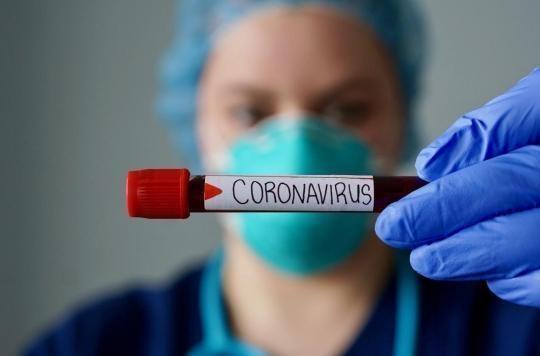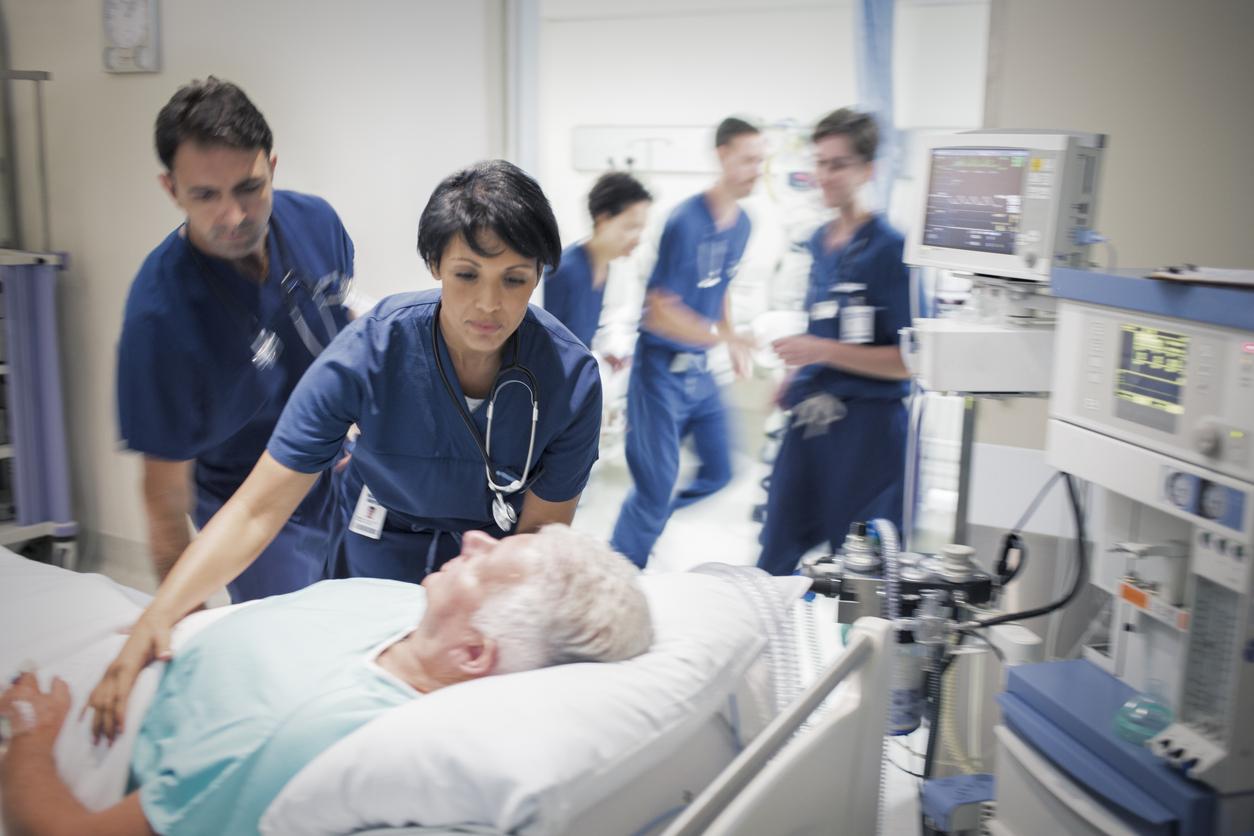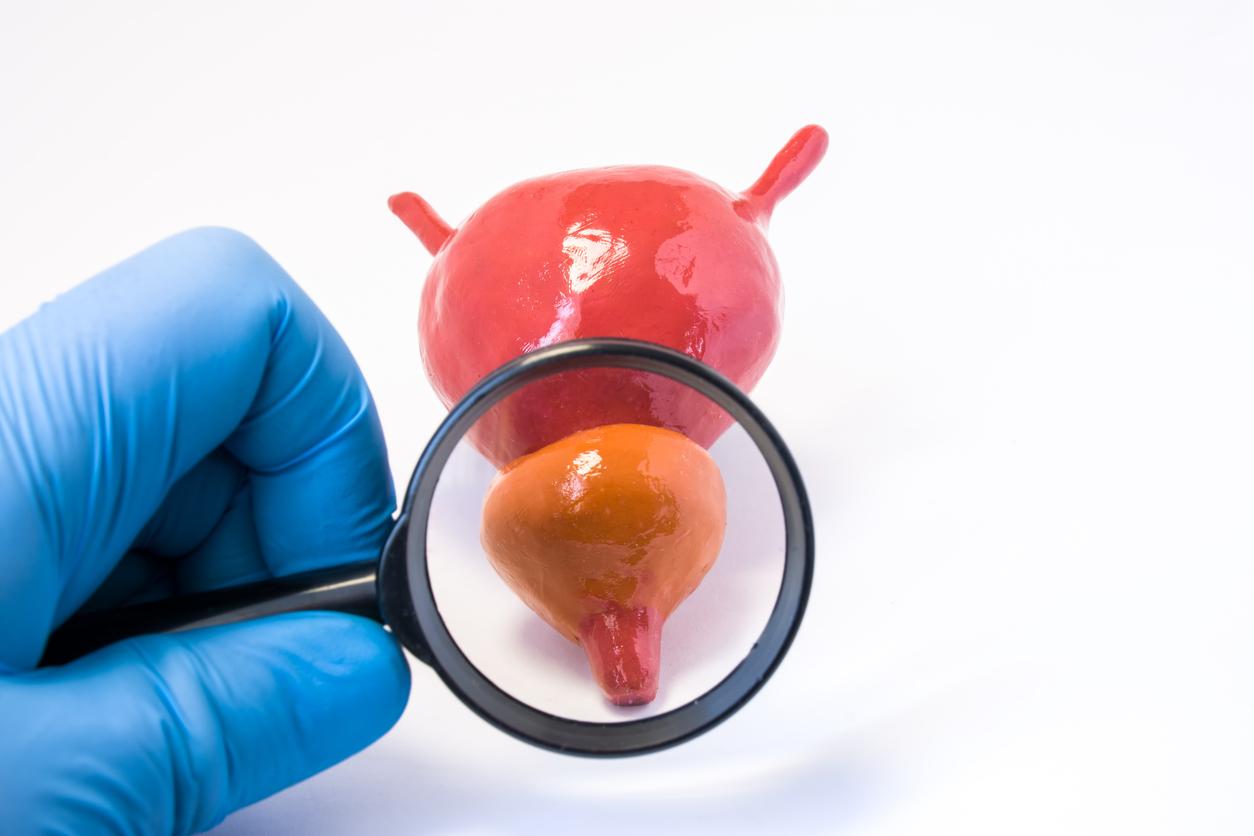In an opinion published on May 18, the High Authority for Health (HAS) presents the four existing tests to detect the coronavirus, and warns against self-tests to be carried out yourself.

Serological tests to detect coronavirus infection are ready and can be carried out in a medical analysis laboratory or in pharmacies. In an opinion published on May 18, the High Authority for Health (HAS) presents the four existing tests. Automated tests, carried out from a blood sample in a city laboratory or at the hospital, give the results in a few hours and measure the quantity of different types of antibodies. Unit tests, performed using a drop of blood taken from the fingertip, detect whether a given amount of antibody is present. They are divided into three categories: RDTs (rapid diagnostic tests), carried out in the laboratory by a biologist; TROD (rapid diagnostic orientation tests), carried out in a doctor’s office or in a pharmacy, and self-tests. These are sold in pharmacies and can be made anywhere by the patient, but the HAS warns against it.
They are not as easy to decipher as a pregnancy test. “The experts highlighted the absence to date of data on the reliability of the performance of Covid-19 self-tests on whole blood and in real conditions of use and the potential difficulties in reading and interpreting Covid-19 self-tests.she explains. What’s more, “there is no traceability of the results obtained by self-tests”.
A more complete list should be published very soon, promised the president of the HAS, professor Dominique Le Gudulec. “Why have the Ministry of Health and the ANSM (National Medicines Agency) not yet published the list of approved tests, the reliability of which has been verified by the CNR (National Reference Center for Respiratory Infection Viruses) ”therefore asks Le Figaro. This list is necessary for the reimbursement of tests prescribed by prescription.
Currently, no test, even those of immunodiagnosis by blood test, from Roche and Abbott, already deployed in medical analysis laboratories, has been formally authorized by the health authorities. Despite everything, many doctors have started to prescribe them and medical laboratories have been carrying them out for a few weeks now. This is possible because European Union regulations allow companies to self-certify their tests.
The vagueness of immunity remains
Serological tests are reliable two weeks after the onset of symptoms. They provide a more or less precise indication of the production of antibodies by the body after infection with the coronavirus. Unfortunately, for the moment, scientists do not yet know if the presence of antibodies immunizes a person and for how long.
“The presence of antibodies is not synonymous with immune protection, or immunity. Indeed, if the presence of neutralizing antibodies has been observed in some patients, there is not yet a correlate of protection. Certain medium-term, lasting or definitive protection is not guaranteed. The occurrence of reinfection or reactivation of the virus cannot therefore be excluded in the current state of knowledge, as is the case for other coronaviruses, Explain HAS on its website. If the risk of developing serious forms in the event of reinfection would be very low, a person with antibodies would be likely to be reinfected and therefore to contaminate those around them. Therefore, to date, serological tests have a place in epidemiological surveillance, in identifying people who are or have been in contact with the virus but not to identify people potentially protected against the virus.
For this epidemiological surveillance to be carried out correctly, the tests must have an efficiency greater than 98% and be sensitive to at least 90% (for epidemiological studies only) or 95%, specifies the HAS in its specifications. The goal is to limit the number of “false negatives”.

.















